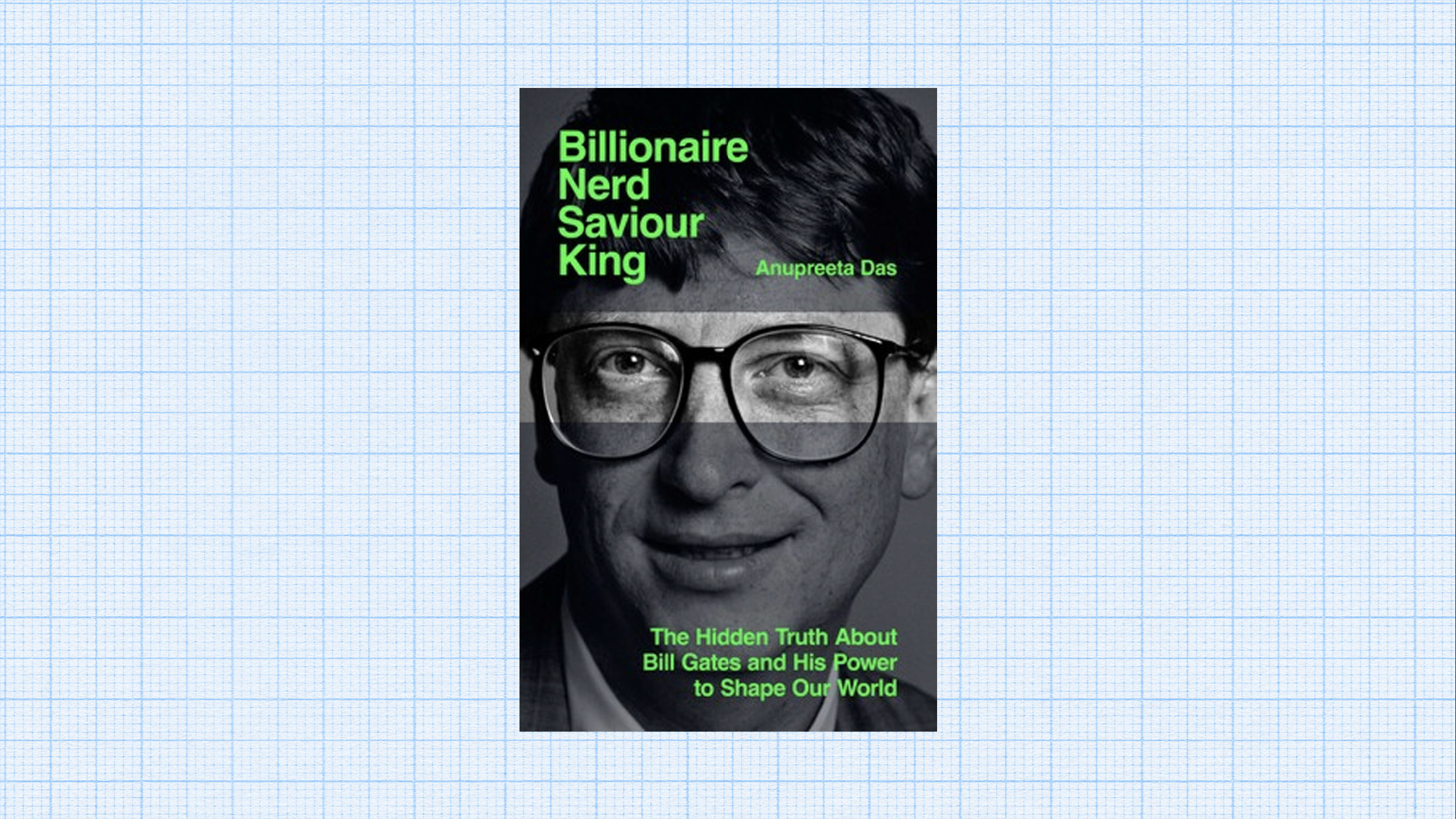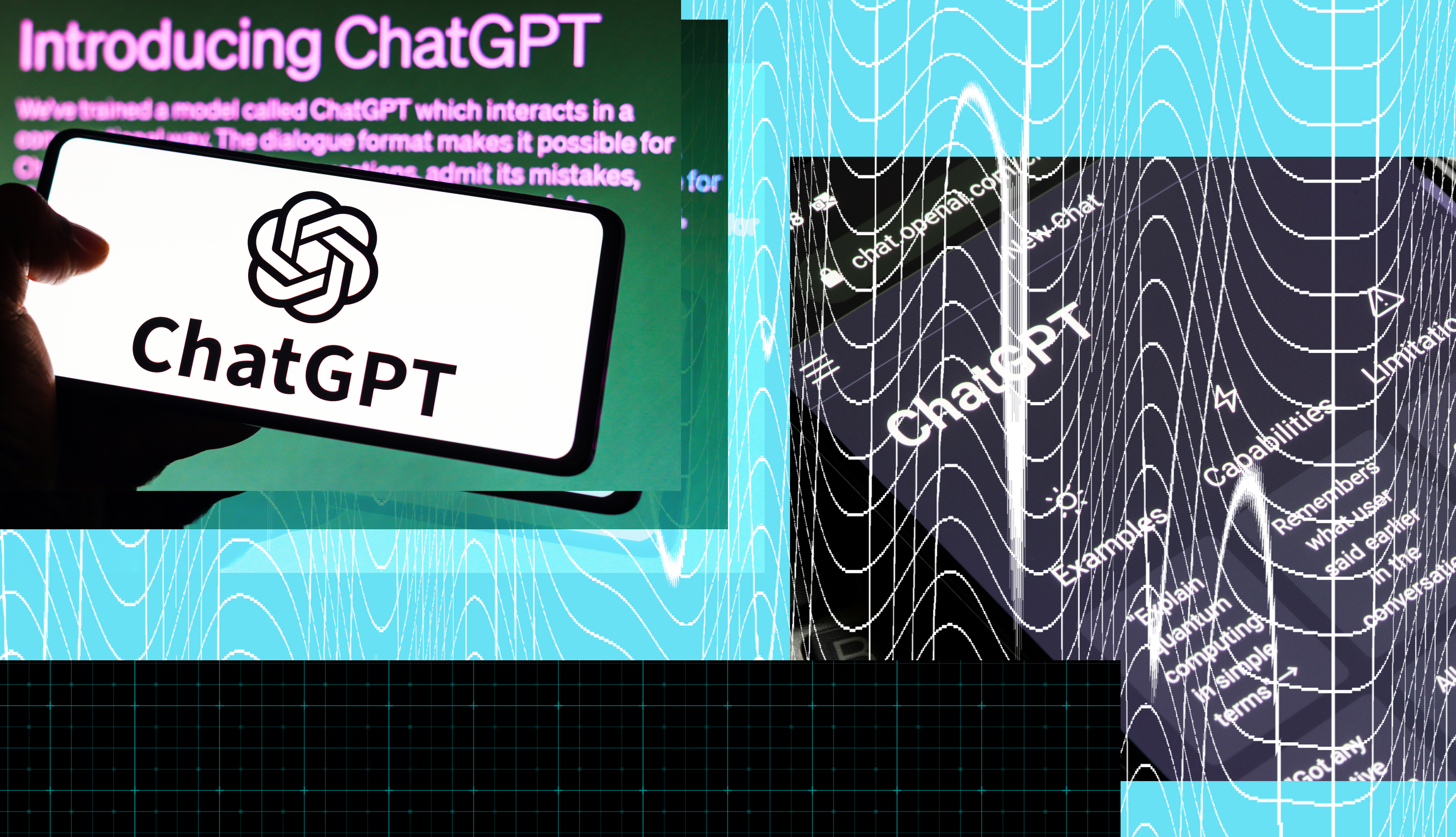Question: What’s your view on monopolies?
Chris Anderson: I can answer this two ways: my observations of the world and then I could answer it with a little bit of my own personal philosophy. I’ll try not to let my own personal philosophy enter this at all. It is absolutely true that monopolies can arise in this era. I mean, let’s face it, Google has a monopoly on things like a pay per click search. Monopolies are not illegal. Monopolistic abuse is illegal. What defines monopolistic abuse? When we can’t even define the market today is a question that’s going to be sort of pondered and debated and possibly decided over this administration, all eight years of it and the next, etcetera. How long did it take us to figure out AT&T’s monopoly?
It was maybe a decade. You know, Microsoft. That was, sort of, the new communications structure. Microsoft was the new computing infrastructure. IBM, how long did it take us to do that? That was about a decade as well. Each one of these faced changes: industrial structure, communications, computing, personal computing, the internet, [each] requires an entirely new sense of definition. Definitions of what is a monopoly? What is monopolistic abuse? What is the market? You know, what is the barrier to entry? What are the barriers to exit? What is time? What is lock in? How much concentration is too much? These are all new questions in an Internet space and I can only hope that the regulators move slowly because I don't think the answers are clear and any answer we give today will be wrong tomorrow. I mean, today, isn't it sort of absurd the fuss we made over Microsoft, now, in retrospect? Now Microsoft looks like the underdog right? We were so worried about their monologist abuse of the desktop. I mean, desktop, when was the last time you even saw your desktop?
Recorded on September 30, 2009





